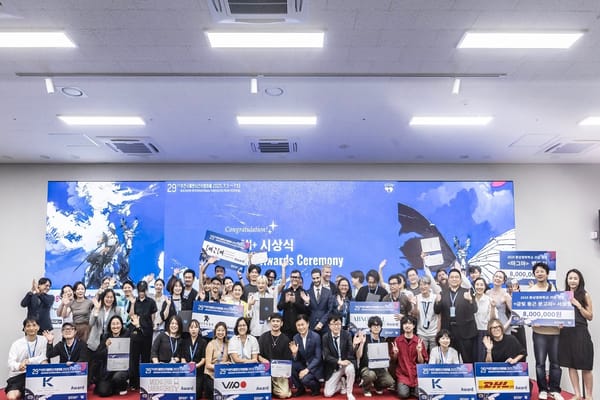Tokyo, TCCF & QCinema: A Tale Of Three Cities Going Global

In November, I inadvertently worked my way down the Pacific Rim, covering film festivals and markets in Japan, Taiwan and the Philippines. Three very different industries, with very different issues and market conditions on the ground, but all communicating the same message – that they’re open to international collaboration and building bridges across the region and further beyond. Read on to find out more…
TIFFCOM: Japan Continues To Branch Out
Even Japan, with its decades long dependence on its local market, is talking about international expansion, with a focus on driving up exports, exploring co-productions and licensing its huge stores of IP. Another drive is to attract international productions to the country after two seasons of Tokyo Vice, which filmed in Tokyo and the mountainous Nagano prefecture, proved that this could be done.
Japan has long had a strong cultural influence on the rest of Asia – multiple generations have grown up with Japanese food, fashion, music, manga and anime, and now the rest of the world seems to be catching on. As Hollywood has cooled on China, it has warmed up to Japanese culture with award-winning shows like Shogun (not filmed in Japan, however), and while Netflix may not be spending as much on local-language content in Japan as it is in Korea, it’s still a priority territory for the streamer. There’s definitely a Japan wave starting to form behind the Korean wave, which may have already peaked.
TIFFCOM, the contents market that runs alongside Tokyo International Film Festival, was packed full of presentations by traditionally conservative Japanese studios and broadcasters outlining their plans for international expansion, while the local industry talked excitedly about the North American ambitions of leading local studio Toho and its recent acquisition of US anime distributor GKids. Meanwhile, a younger, more outward-looking generation of Japanese indie producers is starting to experiment with international co-production.
Facilitating all of this are a raft of government initiatives – a new location incentive managed by VIPO that has already approved ten international productions, co-production funds from the Agency for Cultural Affairs (Bunka-cho) and a recently minted Japan-Italy co-production agreement. Of course, there are practical reasons for the change in strategy...
To read the rest of this article, subscribe to the ‘Streamlined’ newsletter: STREAMLINED




